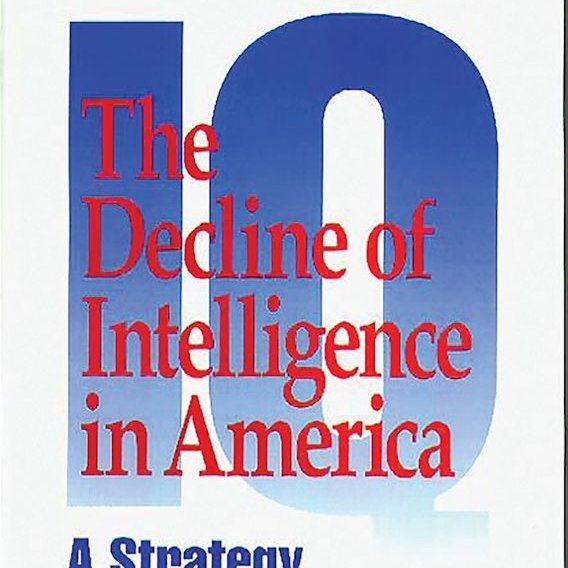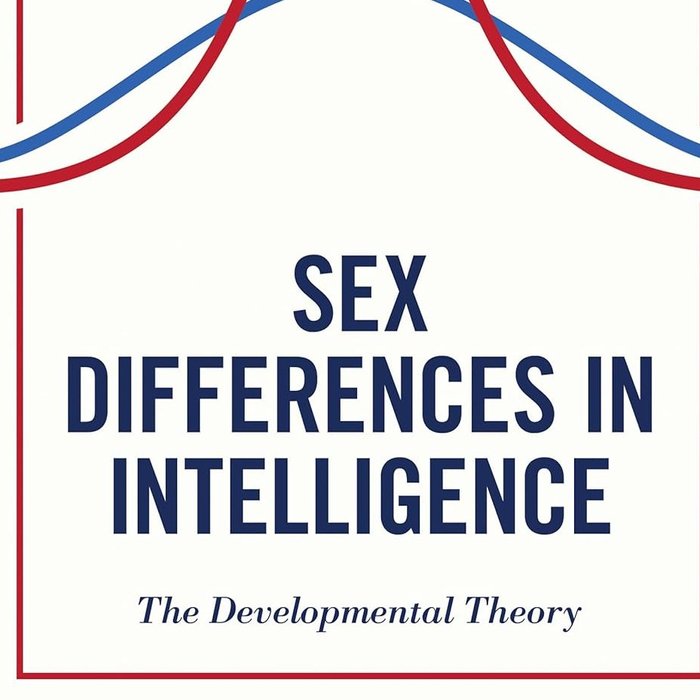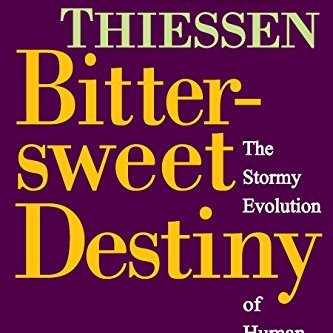Sublime
An inspiration engine for ideas
ARIA Opportunity Space: Nature Computes Better
encode.pillar.vc
Patrick Tanguay • Why Is It So Hard to Predict the Future?
The big advantage of physicists—I think Doyne Farmer may have once said this to me—is not what they have learned, the tools. It’s how they have learned to think. In particular, physicists are quite good at being very, very broad, taking tools from all over the place. That is something that economists are very, very remiss in. It is a b—tch to try
... See moreW. Brian Arthur • Complexity Economics: Proceedings of the Santa Fe Institute's 2019 Fall Symposium
“They have hired astronomers; they have hired mathematicians; they have hired physicists; they have even hired theologists. They never even interviewed an economist.”
W. Brian Arthur • Complexity Economics: Proceedings of the Santa Fe Institute's 2019 Fall Symposium





“It does not matter who you are, or how smart you are, or what title you have, or how many of you there are, and certainly not how many papers your side has published, if your prediction is wrong then your hypothesis is wrong. Period.” Richard Feynman
Malcolm Kendrick • The Clot Thickens
Traditionally, science seeks order by understanding the simplest parts of a system. How does a single gas particle behave given a certain temperature? Which gene in our DNA determines eye color? Scientists then try to develop theories that explain more general observations based on their detailed understanding of the individual parts.